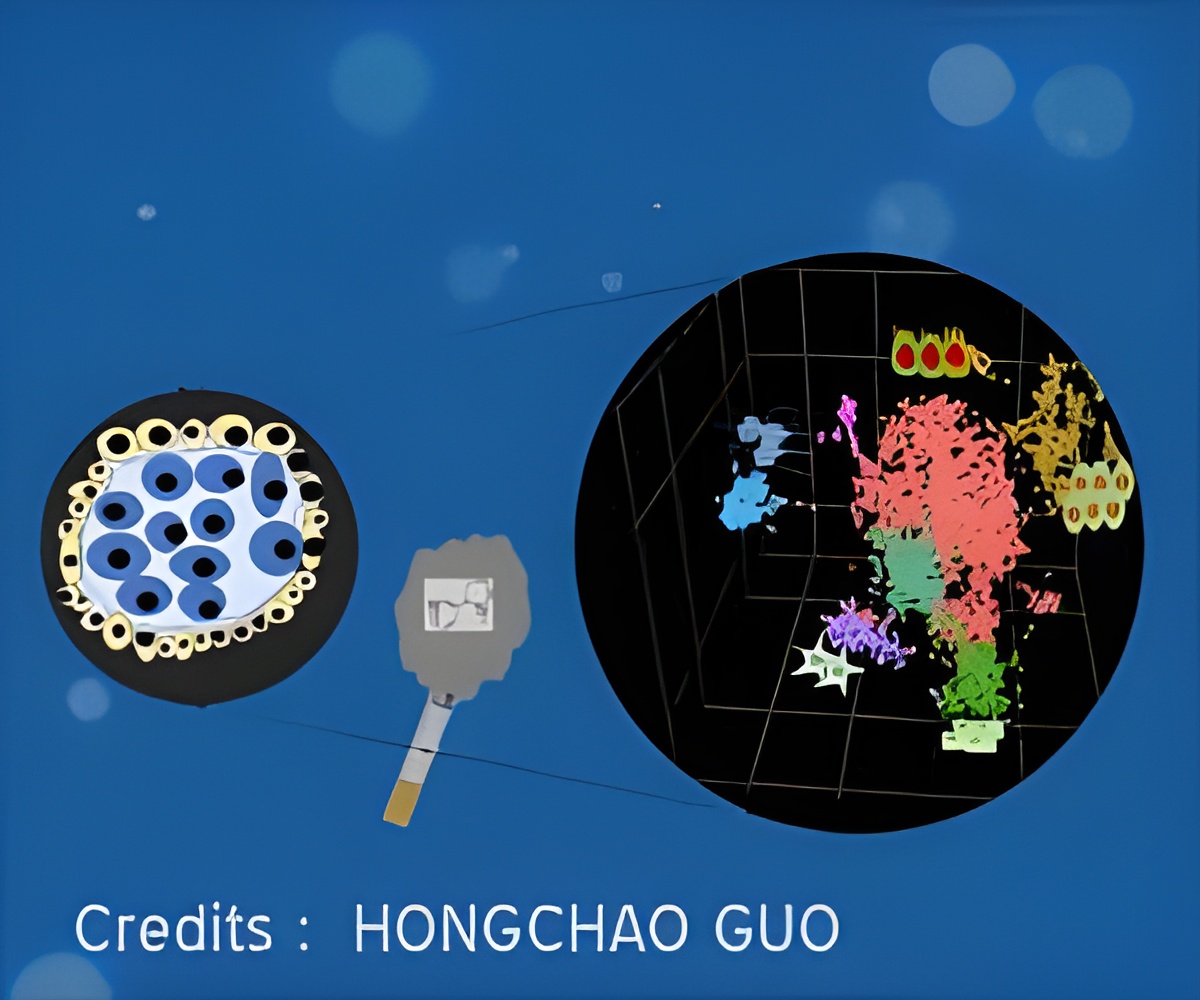The mix of alcohol and nicotine during early pregnancy, significantly alters the gene regulatory pathways of the fetus, which leads to major deficiencies in brain development, says a recent study.

‘Among the pathways in which many genes and miRNAs were significantly altered in response to perinatal nicotine/alcohol co-exposure are dopamine cell growth, neuronal migration, neuronal axon guidance, neurotrophin signaling and glutamatergic synapse.’





“The alterations of these pathways are crucial since they are involved in neural network formation, cell development and communication,” reports Akay.Addictive substances activate the mesocorticolimbic DA system and triggers the release of dopamine hormone thereby acting on the brain’s reward system , also known as the reward circuitry in the brain.
”A characteristic structure of dopamine neurons are the long axons that project to different regions of the brain to build functional networks, which results in pathways such as the mesocorticolimbic DA system,”said Akay.
It is highly likely that axon guidance is modulated in the newborn after perinatal substance abuse and may cause faulty assembly of the network.
The alterations in this pathway cause interruptions in cellular communication and development and finally, lead to synaptic rearrangements in the plasticity and neurological disorders.
Advertisement
Following alcohol treatment, 1,257 unique genes were found to be differentially upregulated and 330 were differentially down regulated. Following perinatal nicotine-alcohol treatment contrasted against the alcohol group, 2,113 genes were upregulated and 1,836 were down regulated.
Advertisement
“Until now, the influence of maternal alcohol and nicotine co-exposure on the brain development of newborns has not been investigated at the multi scale from molecular, to cellular and to systemic levels,”said Yasemin Akay, instructional associate professor of biomedical engineering and the co-lead investigator on the project.
The study group had focused on the integration of molecular, cellular and systemic data using a custom-made implantable dopamine probe and artificial intelligence to better understand the addiction mechanism and develop effective therapeutics.
Source-Medindia













